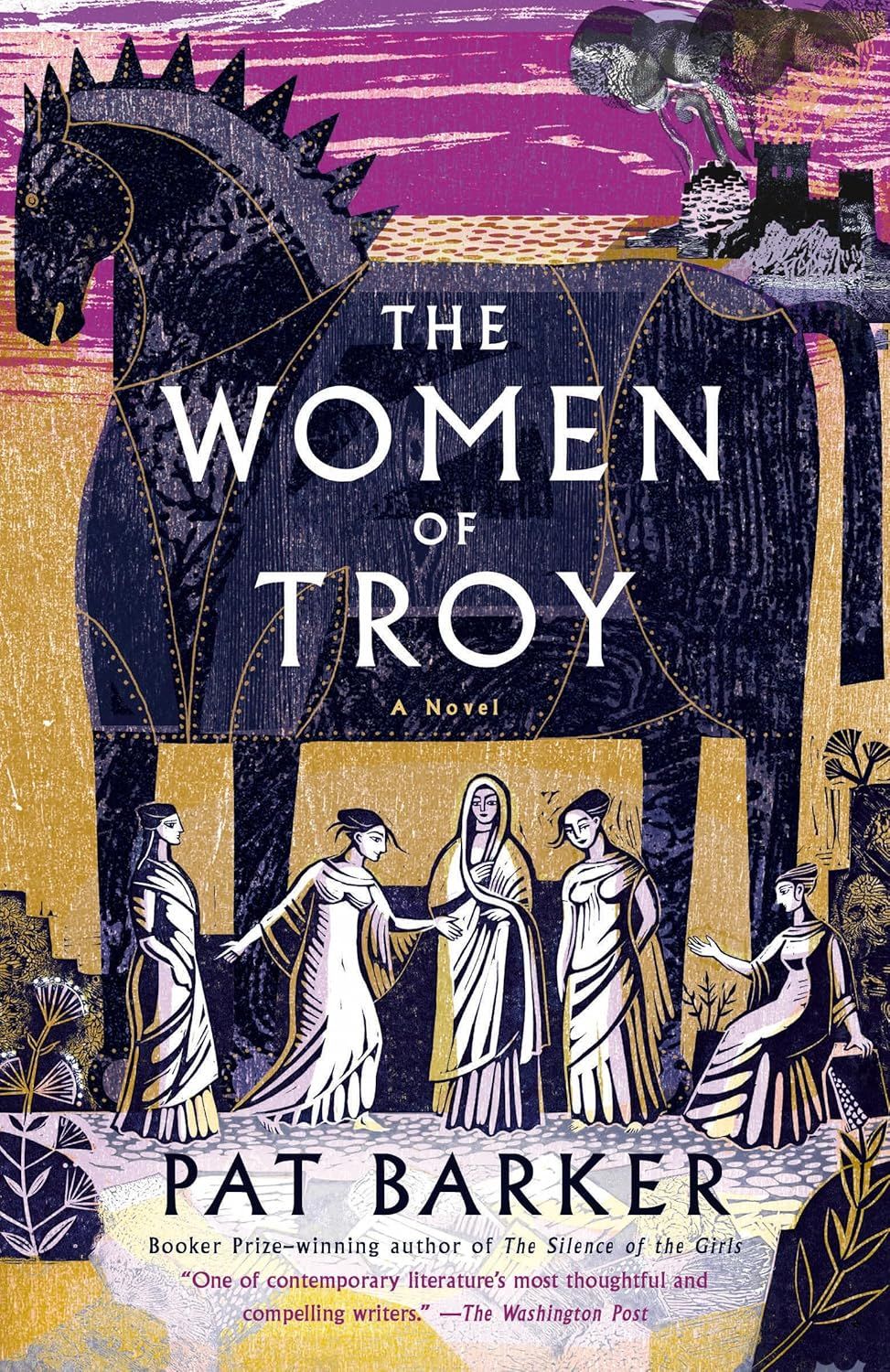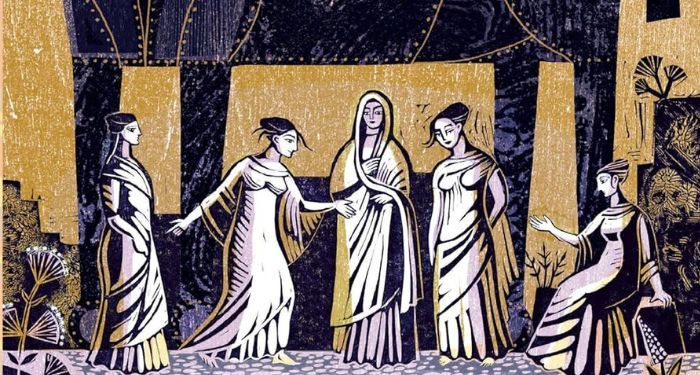
The Women of Troy by Pat Barker
Several years ago, I read Barker’s The Silence of the Girls, which re-centers the story of the fall of Troy around the women impacted by the decade-long war. Briseis is a Trojan woman taken as a spoil of war and given to Achilles, the famed hero of the Trojan War. In The Silence of the Girls, we follow Briseis through the end of the war when Achilles gave her to be the wife of one of his favorite warriors.
The Women of Troy continues Breiseis’ story. Now as a wife, instead of an enslaved concubine, Briseis possesses a new layer of protection at camp. After the fall of Troy, she watches as more Trojan women are enslaved, notably Hecuba, the Queen of Troy, and Andromache, Prince Hector’s widow. Helen, the face that launched a thousand ships, has also reentered camp, as well as Cassandra, Hecuba’s daughter who is cursed to see the future but to have no one believe her.
Pat Barker’s skill lies in directing the reader’s gazes to the women in the epic of Troy and asking us to reconsider the stories we tell about the mighty Greek and Trojan warriors. Where are the women in these stories? What REALLY were their fates? Instead of centering on men and their mighty deeds, Barker focuses on the women forced to tend their wounds, make their food, and warm their beds. This is the true legacy of Troy, the enslavement of hundreds of women forced to clean up the aftermath of men at war.
The audiobook is performed by Kristin Atherton, an incredible narrator who captures so much of the complex emotions Briseis experiences as she navigates her new life. Atherton’s performance draws you in and makes you feel as if you are right there in Briseis’ little hut on the beaches outside of a fallen Troy. I immediately started listening to the next book in the series, The Voyage Home—also performed by Kristin Atherton—so I’ll report back when I’ve finished it.

